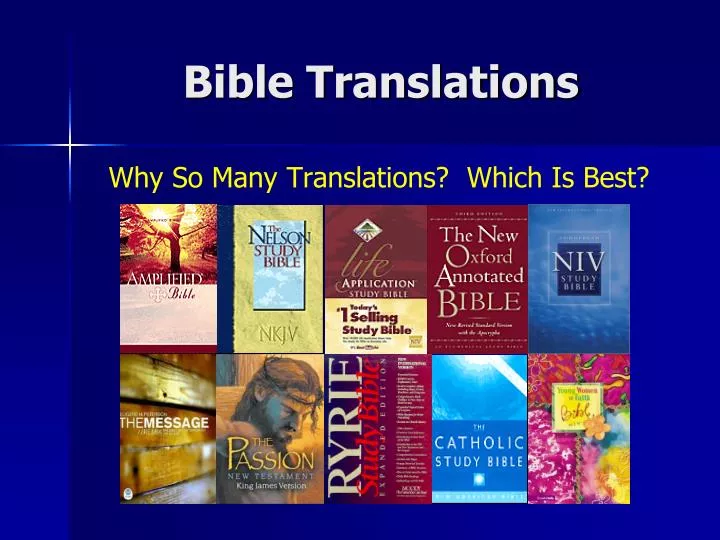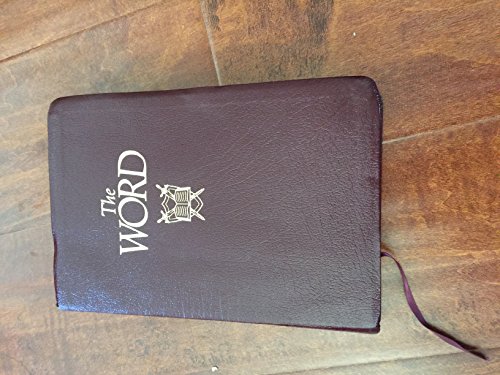

Therefore, it’s vital that you find a translation that represents what the Holy Spirit actually said as faithfully as possible. They make the contemporary reader sovereign over the text and demote the intended meaning of the historic human writers who were carried along by one divine author (2 Peter 1:19-21). Many translators today have also adopted the postmodern idea of elevating the experience of the reader over the intention of the author. They think the Bible is merely a product of man, replete with mistakes, contradictions, and personal biases. Sadly, there are many in the Bible-translation industry who have a low view of the Scripture.

How the translators view Scripture becomes extremely important in the final product. That means someone must first decide what idea is being communicated, which is the very act of interpretation. The goal of dynamic equivalency is to make the Bible readable, conveying an idea-for-idea rendering of the original. When faced with a choice between readability and accuracy, formal equivalency translators are willing to sacrifice readability for the sake of accuracy.īy its very nature, a translation based on dynamic equivalency requires a high degree of interpretation. A translation based on formal equivalency has a low degree of interpretation translators are trying to convey the meaning of each particular word. Since no one language corresponds perfectly to any other language, every translation involves some degree of interpretation. Dynamic equivalency is more like a paraphrase, trying to convey ideas thought by thought. Formal equivalency attempts a word for word rendition, providing as literal a translation as possible.

You can separate modern Bible translations into two basic groups-formal equivalency and dynamic equivalency. You want to make sure the version you use reproduces in your own language what God actually said. It’s crucial to understand at the outset that behind each version is a fundamental philosophy of Bible translation. The common question of which Bible translation to use is very important-it concerns the most important words ever spoken, the words of God the Creator.


 0 kommentar(er)
0 kommentar(er)
